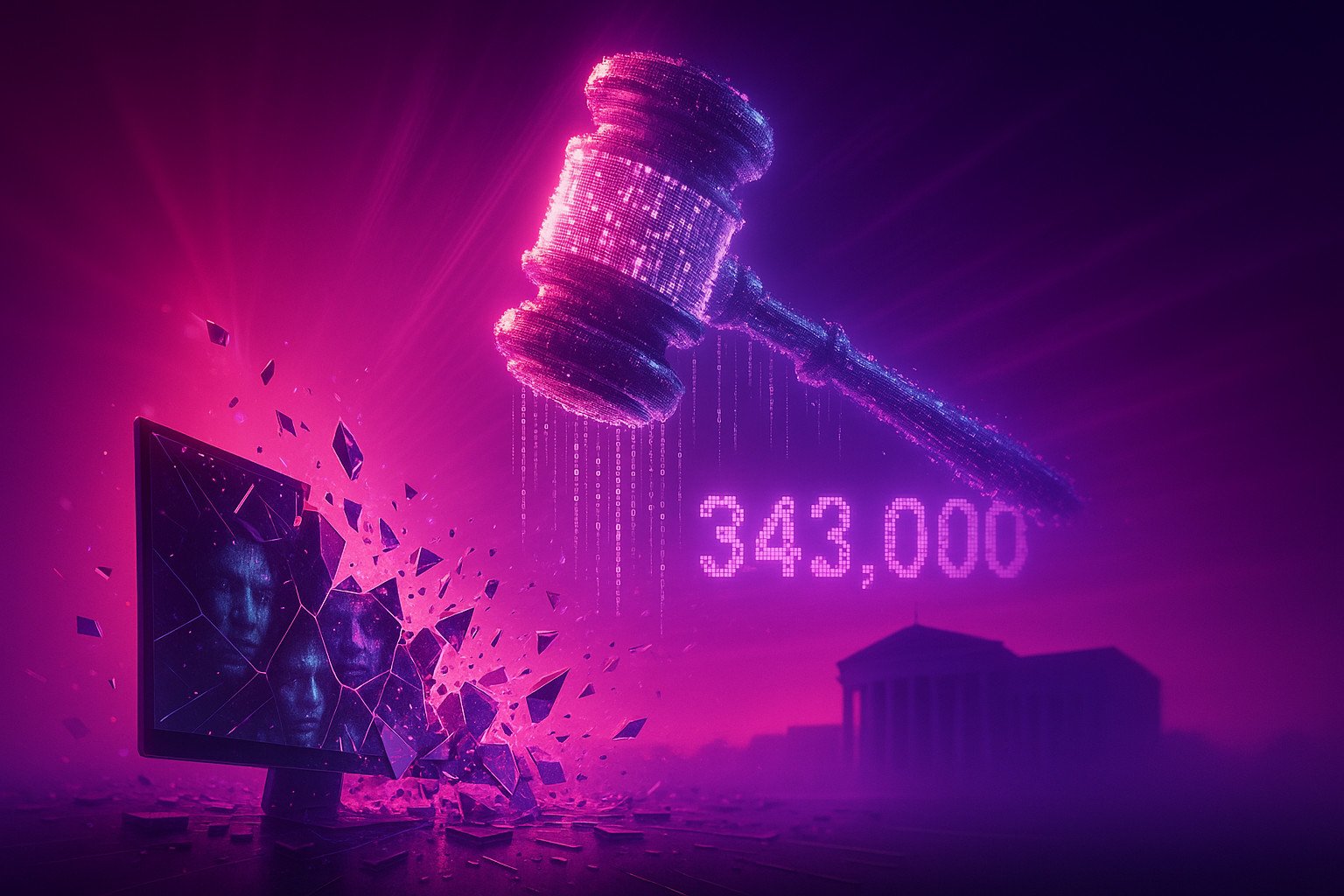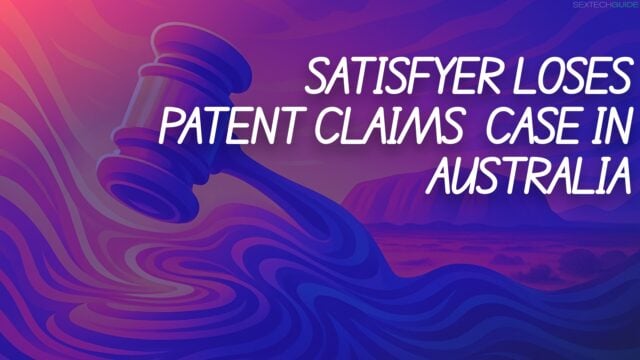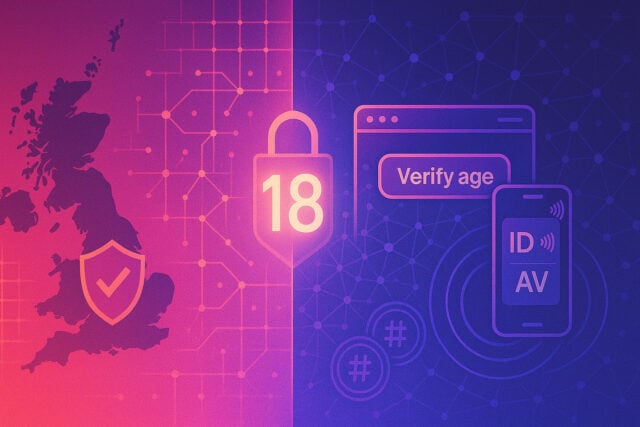A man has been fined AUD $343,000 (US $225,000) in Australia, for posting deepfake images depicting prominent women on the now-defunct deepfake porn site Mr Deepfakes.
Anthony Rotondo was given the fine by Australia’s Federal Court, after failing to remove “intimate” images he had uploaded to the site, reported News.com.au. He repeatedly breached the country’s Online Safety Act (not to be confused with the UK’s Online Safety Act), which was recently brought in to clamp down on nefarious online behavior.
Australia’s eSafety Commissioner had pushed for Rotondo to be given the maximum fine of AUS $450,000 (US $295,000) for his crimes.
The huge fine Rotondo received is the first of its kind in Australia, where authorities seem keen to send a message that deepfake porn criminals will be pursued with the full force of the law. The Online Safety Act was introduced in 2021 in Australia, and empowers the eSafety Commissioner to fine distributors of deepfake porn if they don’t comply with orders to remove it.
The names of the prominent women depicted in the deepfake material Rotondo uploaded between November 2022 and October 2023 were suppressed by the court. A judge said they were depicted either in states of undress or engaged in sexual scenarios “in which an ordinary reasonable person would reasonably expect to be afforded privacy”.
The AUD $343,000 fine was in addition to a AUD $25,000 fine Rotondo was given in December 2023, when he admitted contempt of court. Rotondo had at one time claimed that he was not liable for prosecution because he uploaded the material when abroad.
Many countries are cracking down on nonconsensual deepfake porn content. Earlier in 2025 the US introduced the Take It Down Act into law, making the sharing of explicit content without the consent of those depicted in it illegal. The UK is also making sharing nonconsensual deepfake porn illegal.
Recently Australia’s eSafety Commissioner introduced a series of industry codes that will see laws for tougher age verification for online porn come into effect in March 2026, which is also part of a broader trend pushing for stricter online age verification in a number of countries.






Leave a Reply